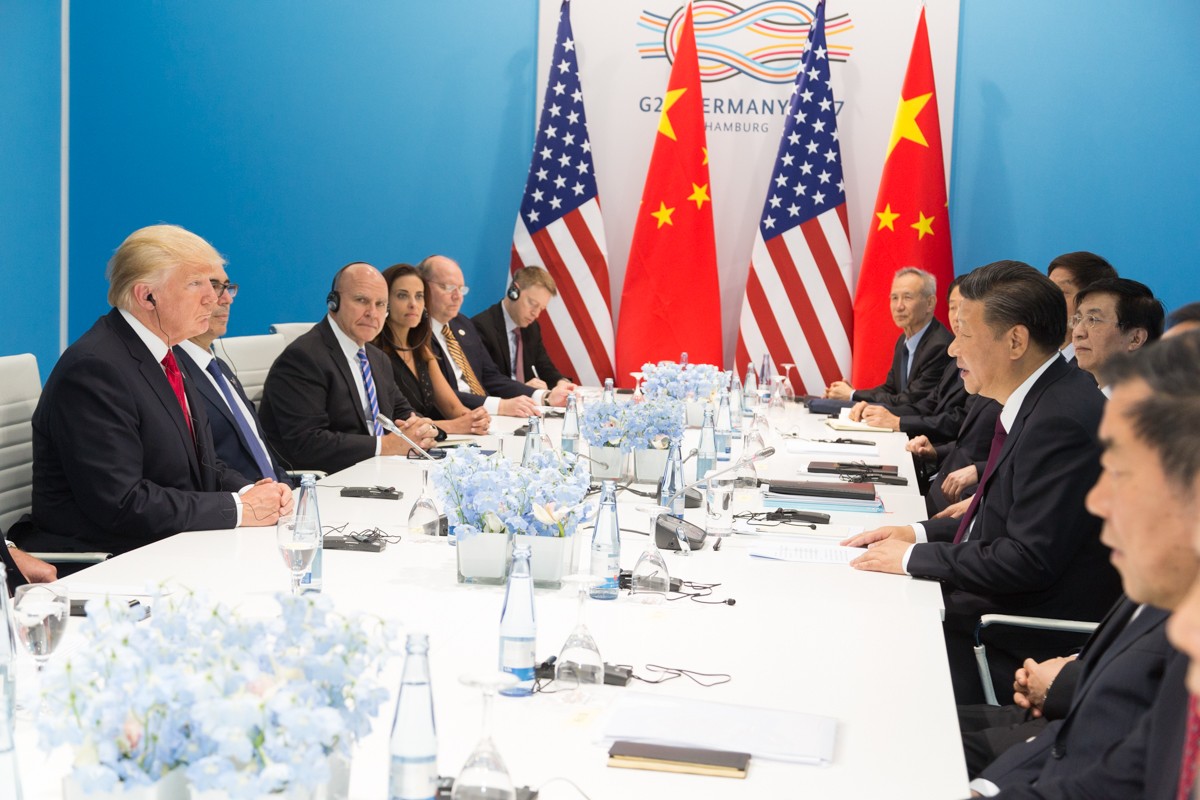Comment:
"What might facilitate or act as a barrier to effective great power management in particular areas today?" The repeated global exposure of hypocrisies of Western great powers in recent years seems to me to be an increasingly important barrier. We have always been aware of these hypocrisies. But Wikileaks etc have brought them to light in particularly blunt ways and Trump's inability to string a sentence together has meant that the US has been less able to dismiss their significance as it once did. Reading UNSC debates from recent months and years, it seems to me that Russia, China, and others have had enough of the hypocrisies. They are boldly calling the Western powers out on them (in the realm of R2P, think Yemen, Bahrain, Libya, Iraq etc), and they are refusing to be cajoled, shamed, entrapped etc into allowing the West to continue to get their way on matters that even marginally engage their interests.

















Opening Comments From Chairs
In his final speech to the UN General Assembly last year, the then US President, Barack Obama claimed that “our international order has been so successful that we take it as a given that great powers no longer fight world wars.” In essence he argued that, in little more than a generation, the role of the most powerful actors in the international system had fundamentally changed. Could the great powers, rather than oscillating between being the keepers on the one hand, and the destroyers on the other, of global order have truly settled into acting only as what scholars such as Alfred Zimmern and Hedley Bull used to refer to as ‘the great responsibles’?
The contemporary global order is beset by transnational challenges from security to economics, from health to the environment. At the same time, the distribution of power between states, is in transition as unrivalled American power gives way to a new, but as yet unclear, order.
Both trends lead to increasing demands for effective great power management and for that reason, understanding the conditions that facilitate or hinder effective initiatives has become an urgent task.
Great power management can be thought of as the established diplomatic practice in which a small minority of powerful states play a disproportionately active role in the maintenance of international order through three categories of action: the avoidance of war between themselves through effective crisis management; the early resolution of crises involving non-great powers that could escalate into such war; and providing leadership on collective action problems that threaten international society as a whole.
In this sense, the special rights of the great powers to enjoy spheres of influence, privileged positions in international organisations and the role of setting the global agenda for multilateral diplomacy in general is matched by a concomitant responsibility for crisis management, restraint in their relations with one another and leadership on issues that threaten the fabric of international society.
One way of looking at the prospects for effective great power management today might be to draw a distinction between the role of the great powers in managing relations between themselves in order to avoid great power wars on the one hand, and addressing broader issues of society-wide importance on the other. This could be thought of as minimalist and maximalist versions of this managerial role.
A minimalist approach offers an avenue for reducing tensions – or at least managing those tensions without recourse to armed conflict – between those states with the greatest ability to project large-scale military force against each other. A minimalist approach to great power management, in which crisis management between the powers is prioritised, may not meet the loftiest of goals set by some, and of course can result in the interests of small and middle powers being sacrificed in the interests of avoiding great power conflict. Could, for example, the management of US-Sino tensions result in a modern day version of the ‘partition of Poland’ for the Southeast Asian claimants to islands and reefs in the South China Sea?
Whether one looks at the growing rivalry between the United States and China, the attempts by the United States and Russia to negotiate an end to the spiralling conflict in Syria, or the negotiations between the rising and established powers on addressing climate change, the possibilities for effective great power management appear present but elusive.
A number of questions arise from this analysis that we need to get to grips with if we are to try and foster a new age of great power management. Forum panellists may like to respond to some of these:
I look forward to exploring these questions and more in the coming days. My thanks to Professor Camilleri for hosting this discussion.
- Dr Ben Zala.